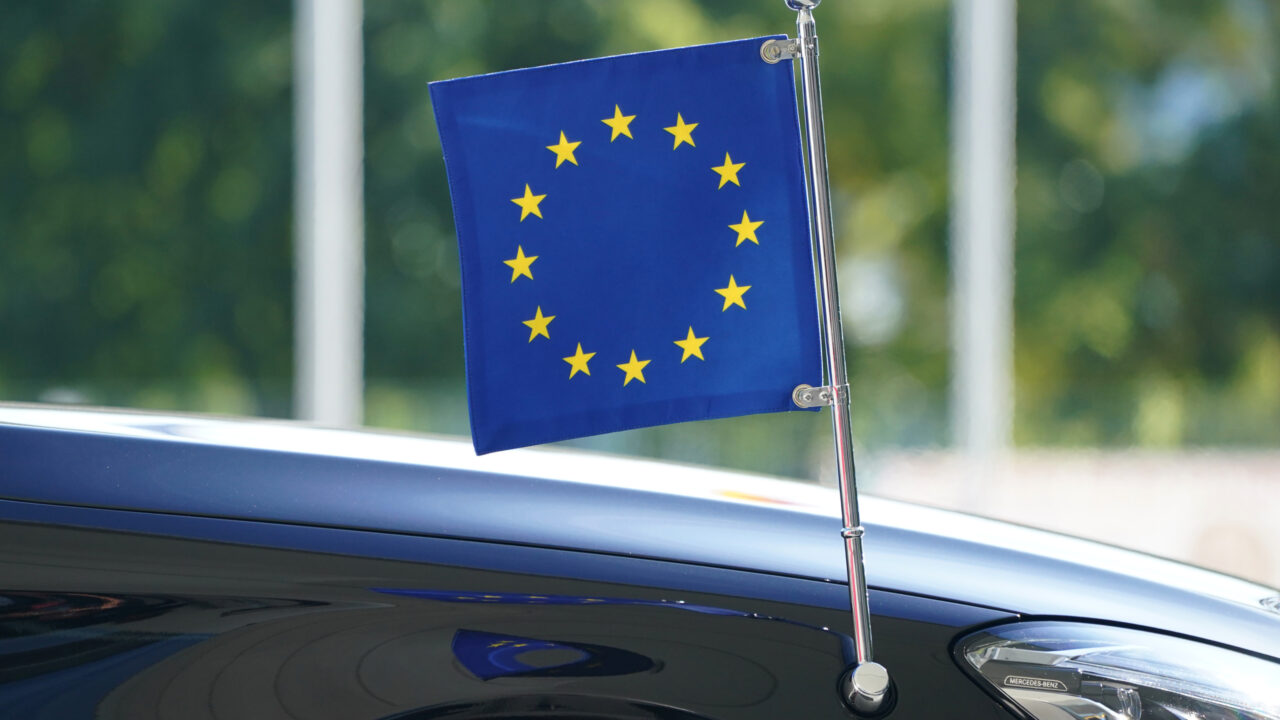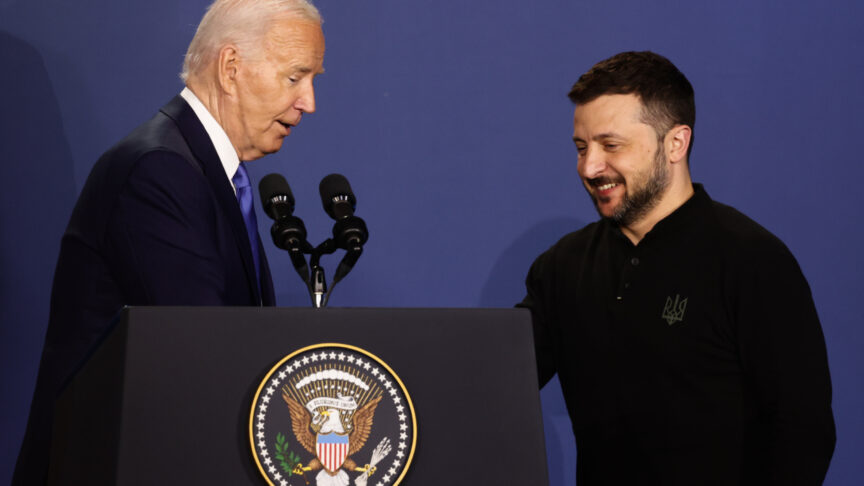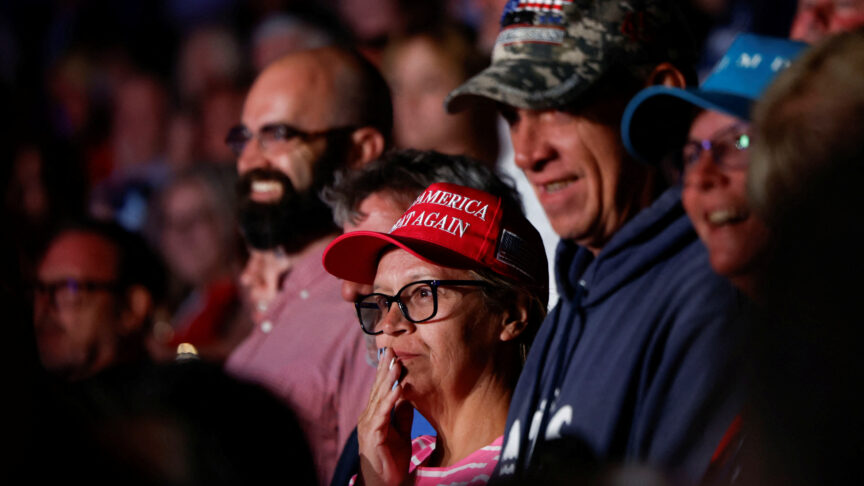A United States of Europe: The need for leadership
A United States of Europe is an ambitious goal but an increasing necessity if Europeans are to maintain their place in the world
In an unpredictably fluctuating world, Europe’s democracies face a huge challenge of relevance on the global stage. Seated around the table of power are a divided America, an assertive China, an opportunistic India, an ambitious South Africa, a violent Russia, and wealthy states of the Middle East. Europeans need to work out how best to exercise their power, and do so with intelligence, pragmatism, and a strong sense of their own identity and purpose.
Today’s multipolar world is challenged by myriad crises, and activist autocracies seek to widen Western divisions through a heady mix of nationalism and nostalgia. Part of addressing this will require having more effective leadership in Europe – and this means quickening the pace of the European integration process. The solution is to build a United States of Europe – a big project offering an attractive plan for all citizens. Without setting this ambition, no EU country will be welcomed to sit around the global table. Instead, Europeans will end up on the menu as dessert.
European success on the global stage – and the good life of its citizens – depends on the success of European integration. The philosophy of European integration, developed by Robert Schuman more than 70 years ago, sought to proceed through small integration steps that could generate de facto solidarity. This approach worked for many decades and brought peace and prosperity. Yet now, the transformation of the European Union into the United States of Europe can happen only with a profound reform of the bloc’s founding treaties. Such a transformation would bring benefits to current and future generations of European citizens.
Much of the problem lies internally. The EU cannot perform its functions, let alone fulfil its ambitions, while the European Commission lacks transparency, member states abuse their veto power in the Council of the EU, and the European Parliament remains weak. The need for rapid institutional reforms is clearer than ever. The European Commission should go to the next level to become a transparent and effective federal executive in charge of managing new energy, fiscal, social, industrial, foreign, and defence policies; its president should be elected by EU citizens. The Council of the EU must urgently become a democratic institution where member states cast their votes with the goal of realising EU values. The European Parliament should have full budgetary and legislative power, shared equally with the Council of the EU, as well as the right to propose new EU legislation.
These changes would make a real difference to the problems that EU citizens know need addressing. Three of these problems illustrate the difference a United States of Europe could make.
Firstly, the EU needs external borders to be protected by Frontex representatives able to stop illegal migration and the trafficking of people and drugs. The federalisation of border protection could generate a better allocation of financial and human resources and faster implementation of best practices.
Next, keeping the lights on across Europe while pursuing the energy transition means fully enacting an energy union and speeding up investment in renewable sources and energy efficiency measures. The EU could reduce energy prices if it builds out a single EU energy and gas grid and jointly purchases energy from third countries. The energy union would also enable a new industrialisation in Europe, driven by research and development investment and by the production of technologies required for the energy transition. A European federal energy regulator could contribute decisively to creating a green and secure European energy sector able to provide competitive prices to citizens and lead in the global energy transition.
Properly coordinated fiscal and social policies can strengthen Europeans’ geopolitical position
Finally, properly coordinated fiscal and social policies can strengthen Europeans’ geopolitical position. A United States of Europe will be able to implement a serious concrete plan for the rapid and full integration of Western Balkans countries, Ukraine, Moldova, and Turkey. The new project should be left open for the United Kingdom to join; indeed, a United States of Europe was advocated by none other than Winston Churchill in 1946. Such a union would generate a reform of the institutions to allow new states and people to join the club, making it the strongest economy in the world, underpinned by a stable and powerful currency.
Agreeing such a big political project will not be easy. A lack of cooperation and genuine spirit of solidarity between member states needs to be overcome. Hungary has undermined Sweden, a fellow EU member state, in the latter’s bid to join NATO. Elsewhere, the formerly pro-European Austria government is mimicking the rhetoric of its populist far-right competitors on migration and blocking Romania’s accession to the Schengen area. Populist parties are gaining support by promising easy answers to recent multiple crises, from the economic difficulties to Russia’s war on Ukraine. But the truth is that EU citizens will have suffered from these crises because the EU has been less united that it could be.
Few at the top are currently talking in these terms, but envisioning this alternative future can also bring forth new leaders to argue for and shape it, along with civil society, citizens groups, youth movements, and creatives. To build a peaceful, prosperous, and active Europe in a better world, it is the duty of our generation to act for it now, and not simply be driven there by war and tragedy.
Razvan Nicolescu is a former Romanian energy minister, diplomat, and an ECFR council member
The European Council on Foreign Relations does not take collective positions. ECFR publications only represent the views of their individual authors.



